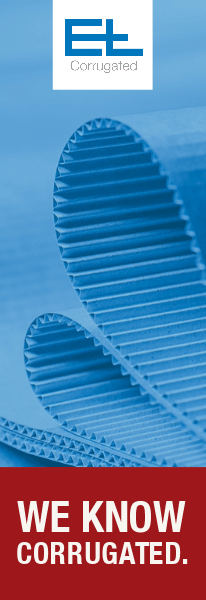Leaving the EU could result in ‘two tier’ supply chains between the UK waste and recycling industry and those of Europe, according to leading resource efficiency specialist Ecosurety. The impact of Brexit could mean rising costs for businesses, according to the company, which last month responded to a Government consultation on the country’s future industrial strategy (BEIS).
However, the greater likelihood was Scotland and Wales would forge different directions from England, which would have a detrimental impact on businesses, consumers and the environment. Mark Sayers, principal consultant at Ecosurety says, “There is a risk that product and resource standards in the UK could differ from our European counterparts and other global markets and as a result we could potentially see a ‘two tier’ system develop in the UK.
“To a lesser degree, but perhaps more likely, we will see waste becoming devolved in Scotland and Wales. This and/or differences between us and the devolved nations, or us and European countries, would mean increased costs for businesses. Business thrives on continuity and economies of scale. Common supply and product requirements reduce costs for businesses and maintain a level playing field when it comes to competing against global competitors.”
If one UK nation adheres to lower or higher standards than the others, the UK’s overall resource efficiency rates could fall, and could lead to higher disposal costs. Mr Sayers explains, “The Environment (Wales) Act, and the mandatory requirements that have resulted from it, have had an impact on businesses and could result in market distortions that could become exaggerated if the UK does become aligned on waste policy after exiting the EU. At this critical time for the UK, we must remain harmonised if we are to build our own path for the future of resource management.”
Other recommendations made by Ecosurety to the consultation include a call to innovate waste collection systems if businesses are to realistically adopt circular economy models, better alignment of household and business waste collections to realise economies of scale, increasing recycling infrastructure inside the UK and greater incentives and education for households on how to dispose of data-rich devices securely to help meet WEEE targets. “There are definitely opportunities for the waste and recycling industry upon leaving the EU, but we will need a uniform approach between nations, and also improvements to infrastructure if we are to maximise those,” concludes Mr Sayers.



